Culturing Creativity: Finding Your Genre
On another culturing creativity episode, we immersed ourselves once again in genre. But this time, we focussed on how to find the genre that suits you best. To some, it seems like an obvious answer. But we discussed how this affects your writing and your confidence, particularly as a new writer if you’re not sure where to start.
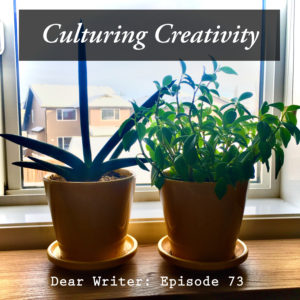
Episode Summary:
Main Discussion: Finding Your Genre
What is genre?
Sarah: We’ve already had an in depth discussion about what genre is and why it is useful on episode 64. But, basically genre boils down to a way to categorize your novels. Each genre has key features or tropes. This episode is focussed on how to find which genre is best suited to you and your writing style.
Why does it matter what genre you write in?
Sarah: While what you choose to write doesn’t matter—you should never be restrictive of what you create—why you choose what you write matters a lot. I believe as a writer it’s beneficial to have an open mind, but I do think it’s useful know where your interests are and where your style best fits. If you’ve got a style that’s more suited to horror, or maybe if you’re used to writing fast-paced action thrillers, then it’s going to feel very unnatural trying to write something different like a romance, for example. As a beginner novelist especially I think it is important when trying to finish that first book, that you are passionate about your genre rather than being bogged down by the idea that you have to write something everyone will like and forcing yourself to work in a genre that isn’t suited to you. I think one of our recent interviewees, Kendall Coppola, put it very well: If you’re passionate about writing something, it might turn out OK, or it might not. But if you’re not passionate about it, it will definitely turn out to be terrible!
Ashley: For me, it doesn’t matter what genre you choose to write in. Often, as an author you have a good feel for the genres that suit your writing styles and your interests. For me, for example, Sci-fi and romance are not my genres. Mostly because I don’t enjoy reading these types of novels. And, if you don’t like the genre you are writing in, it will be very difficult for you to produce your best work, let alone finish writing the book.
Did we purposefully choose the genres we write? If so, why?
Sarah: We didn’t purposefully choose a genre for our YA series, we sort of naturally gravitated towards it due to being young adults ourselves at the time. In some ways though, I feel lucky to have stumbled into that because I really enjoy writing YA fiction, especially the action, and all the drama that goes on in the background! But, when we were ready to try something new after creating several YA books (which had to be largely rewritten, but at that point we didn’t know it!) we did choose the historical fiction genre a lot more carefully. I remember we were just finishing (or out of?) high school, and we wanted to write something a little more adult, and about an interesting time period. We were also both reading a lot of historical fiction at the time. I think we had a naïve viewpoint (or at least I did) that writing in historical fiction would be easier since the larger plot and timeline is already in place. Boy, was I wrong. That said, I really enjoy reading about Ancient Greece and though it’s hard work researching all the details, I find it a really fascinating challenge.
Ashley: The YA series was a natural fit for us at the time – age wise and style wise. Even as an adult I really enjoy the genre generally as well, so I am glad this was the first choice of genre for us. Like Sarah said, the historical fiction was a conscious decision we made around the time we started university. I remember at the time we were both reading a lot of Diana Gabaldon and other historical fiction novels. We wanted to move away from YA and try something more grown up. I remember the first attempts at this novel, which while very different to the YA series, still felt sort of YA-esque. It is very different now, and I wouldn’t say there is any obvious hint of our YA roots in it. As for my short story I wrote recently, it would also probably we classed as historical fiction, though I brought in a supernatural element (ghosts) and focussed it more on a love story (not so much romance). This was a conscious decision as well – I wanted to try something new but familiar to me.
Lots of authors can feel overwhelmed with ideas that span a number of different genres. Or, sometimes people may struggle to find something that ‘clicks’ with them. Have we ever felt this and what are some tips to work out which idea is the best one to go with?
Sarah: I definitely have a few half-hearted beginnings of novels, where I thought I had a great idea but then petered out, with the enthusiasm for it often running dry around chapter three. And, I think this is in part due to mismatch. I have a small interest in sci-fi and fantasy genres, but it’s not as strong as my interests in the genres that we’re currently working with. So, I get all excited about an idea and then lose enthusiasm, especially when it comes to world-building. Don’t get me wrong, I enjoy putting in vivid imagery and setting into our books, but when it comes to actually creating a world that I have to build from scratch, I don’t find that exciting. I find it tedious and tricky. And, if I’m honest, my reading style is similar. Though I occasionally dip into sci-fi and fantasy when I read, I don’t like too much of it. I’ll read maybe a couple of these novels over a few years before I’m like, oh that’s way too long and I feel a bit bored by this right now, I need something different. Cue me going back to reading YA and historical fiction. (Note that in no way am I diminishing the amazing works of sci-fi and fantasy authors, it’s just the way I seem to react to reading this genre! Not everything is for everyone). My biggest tip is to work out these patterns. You might think you read really widely across a huge range of genres, sort of like I do. But are there genres that you always go back to? Which ones are your ‘vacation’ genres? I don’t mean which ones do you read on vacation, but which ones do you use as a palate refresher before going back to the tried and true? You may find writing these ‘tried and true’ genres that you read to feel easier, more enjoyable and more natural.
Ashley: I would start with genres that are familiar. Especially, if you are starting out. Tackle a story in a genre you like to read. Does it come naturally to you? Does the genre feel like a fit? Build up your confidence ans experiment as you get more comfortable with your writing style, and as you get a better feel for the genres you like. It might not be the epic story that spans multiple genres that you want to tell, but there is no harm putting stories on the backburner until you are ready. I have a number of ideas like this, but I know it would be too overwhelming for me right now, and I likely wouldn’t finish them.
How do we think knowing our favourite genres can help spark creativity?
Sarah: I think it gives you a platform to start from. It sounds really obvious, but by knowing what genres suit your interests and your writing style, you can narrow down ideas for your next novel, or get inspiration by reading more of that particular genre. It’s really about finding out what works best for you—the bottom line is, we write at our best and are most creative when we are passionate about what we do.
Ashley: It makes it way easier to start writing in the first place. It is familiar to you and can be a more comfortable place to start. The more you read in a genre, the more inspiration you can get. The more techniques you can learn. And, the more you read in these genres, it can be good in revealing gaps in the market. Stories that aren’t there yet, but you think they should be.









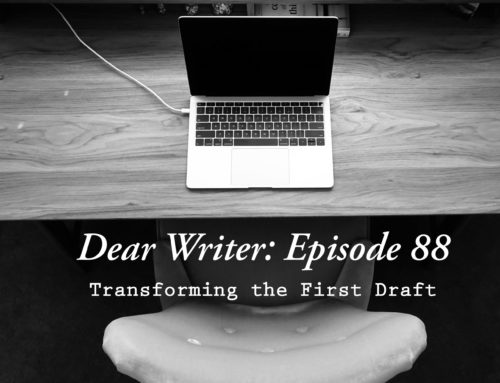
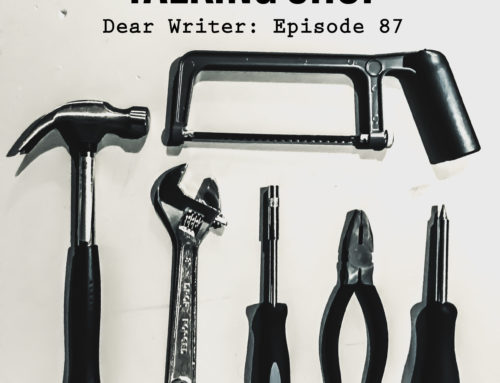

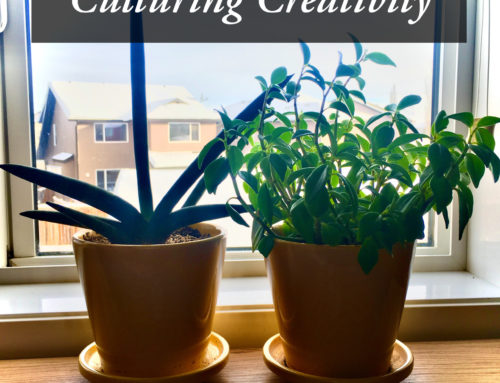

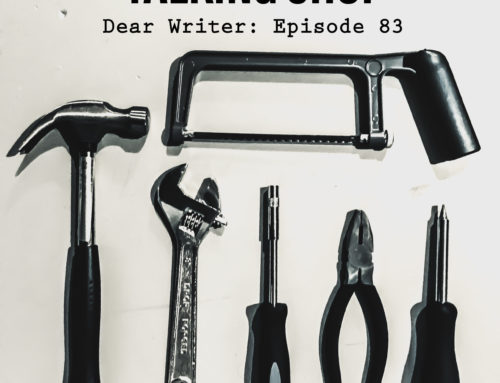


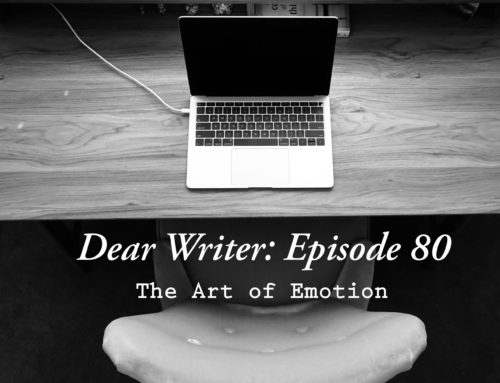
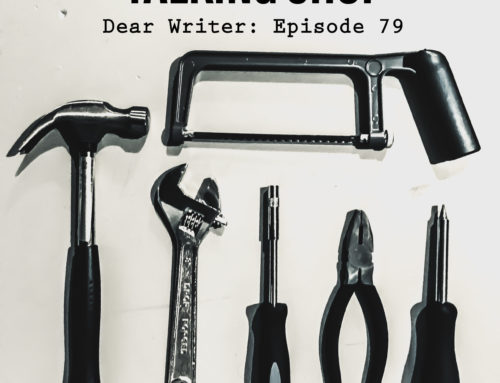
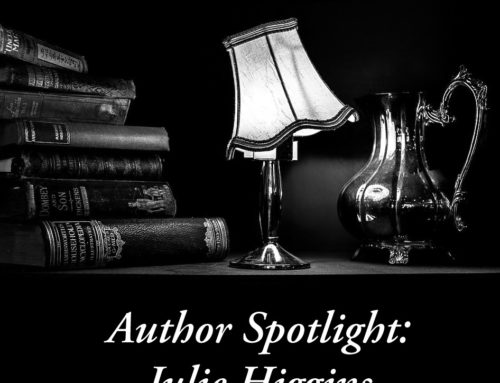
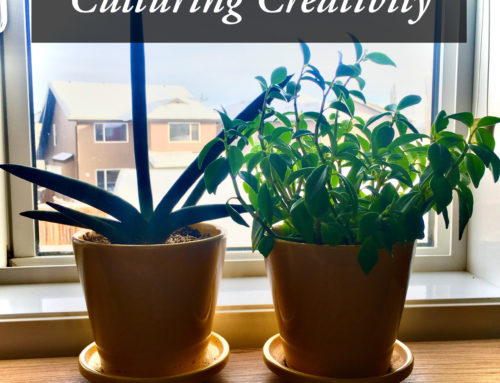
Leave A Comment